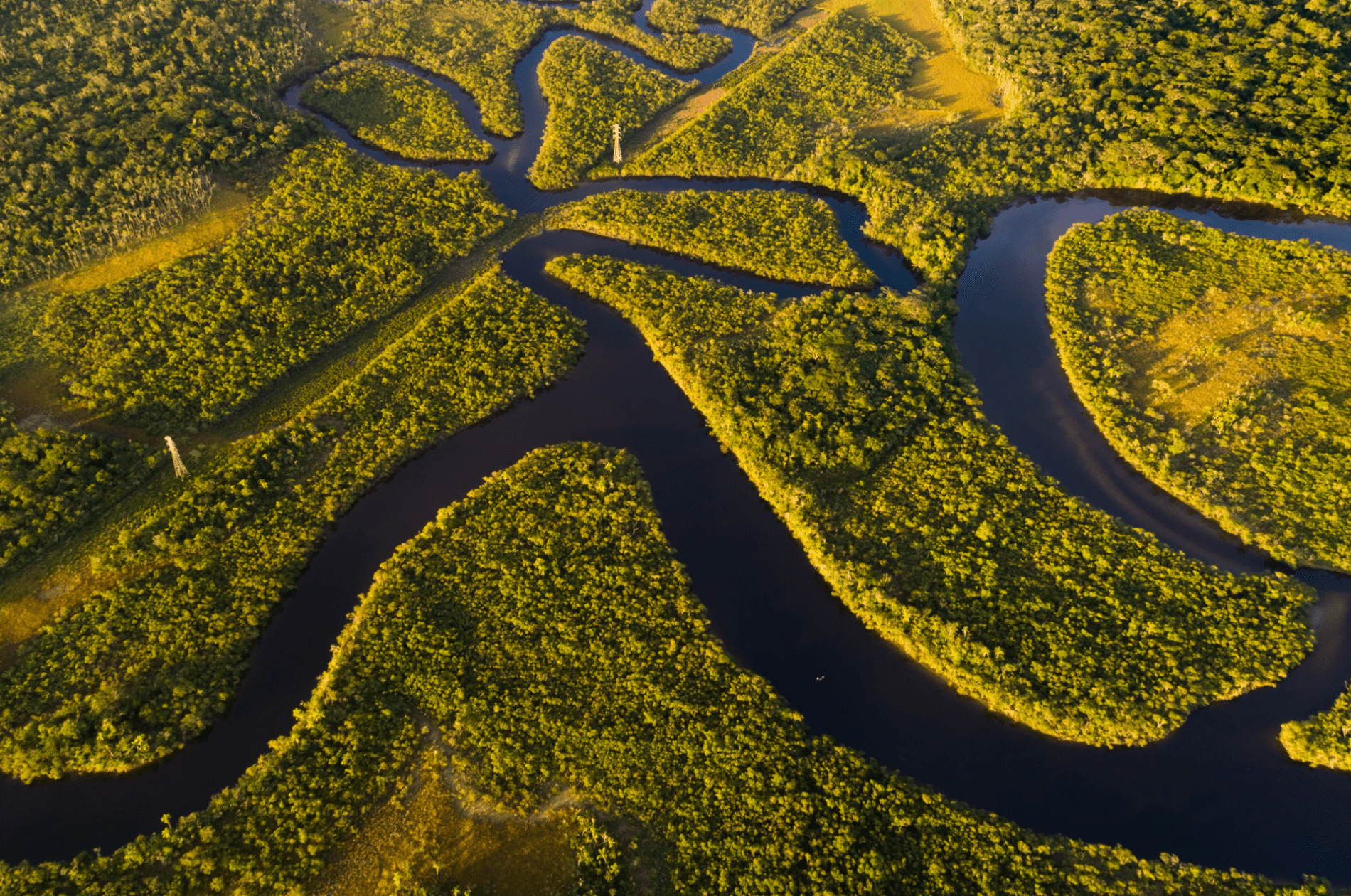CRR Report (1 November 2023) – Financial Risks of Commodity-Driven Deforestation: Lessons from 10 Years of CRR.

In the last decade, there have been large strides made in tackling commodity-driven deforestation: Awareness of the impacts of forest loss and degradation on climate change has grown; deforestation rates in Southeast Asia have declined; and corporate accountability and (financial) transparency in supply chains have improved. This report looks back at ten years of Chain Reaction Research (CRR), drawing lessons for the financial sector and other stakeholders.
Read the full report
Key Findings:
- The financial sector increasingly recognizes that deforestation constitutes an important part of climate change. CRR supported this shift by translating sustainability risks into material business risks, monitoring deforestation, shaping policy debates, and developing methodologies.
- Southeast Asia has seen a drop in deforestation over the past decade, but leakage risks remain. Since 2014, NDPE policies have become the strongest private sector instrument to cut the direct link between deforestation and palm oil in Asia. However, there are still leakage markets. Oil palm expansion in Africa and Latin America shows that environmental and social sustainability concerns are also prominent in these geographies.
- As NDPE implementation in soy and beef industries in Latin America lags Southeast Asia, pressure to further increase transparency is mounting. Voluntary commitments have been insufficient, with key soy traders and meatpackers continuously delaying zero-deforestation target dates. Complex, non-transparent cattle and soy supply chains and local politics have driven forest loss in Latin America. However, binding legislative initiatives, such as the EU Deforestation Regulation, may accelerate the transition to deforestation-free supply chains.
- Companies and financiers are increasingly aware of the value of their risk and accountability in deforestation-linked supply chains. CRR has valued risks from loss of market access, stranded assets, regulation, operations, and financing in upstream companies. Valuation of reputation risk is crucial for downstream companies. The profit distribution model showed that downstream actors earn the most on palm oil, soy, and beef. Financiers and CSOs now have arguments to hold fast-moving consumer goods companies accountable for their role in supply chains.
- Despite progress in the last ten years, significant work is still needed. Areas of concern include critical global ecosystems not sufficiently protected under national and international laws; the lack of crosscommodity policies; emerging threats linked to palm oil that may increase deforestation; limited attention to social issues and exploitation in supply chains; and unintended negative impacts on climate and livelihoods from the transition of fossil fuels to biofuels.
For more information you may contact our colleague:
Want more information on this project?
Sarah Drost
Senior Researcher Deforestation-free supply chains
